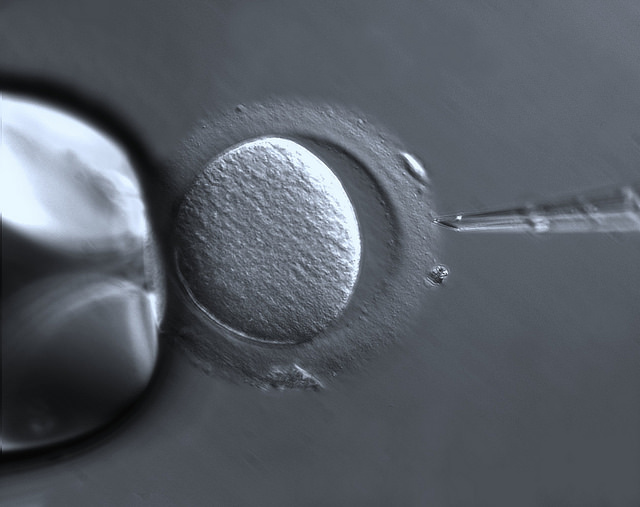Aggregated News

Over the last few decades, the international community has issued several bioethical guidelines and legally binding documents, ranging from UN Declarations to regional charters to national legislation, about editing the human germline–the DNA that is passed down to future generations. There was a broad consensus that modifications should be prohibited. But now that CRISPR-cas9 and related methods of gene editing are taking the world by storm, that stance is softening–and so far, no thorough public discussion has emerged.
There is broad agreement in the scientific and ethics community that germline gene editing must not be clinically applied unless safety concerns are resolved. Predicting that safety issues will indeed be minimized, the National Academy of Sciences issued a report this past February that sets up several procedural norms. These may serve as guidelines for future implementation of human embryo editing, among them that there are no “reasonable alternatives,” a condition that is left deliberately vague.
I regard the conditional embrace of germline gene editing as a grave mistake: It is a dramatic break with the previous idea of a ban, departing...



